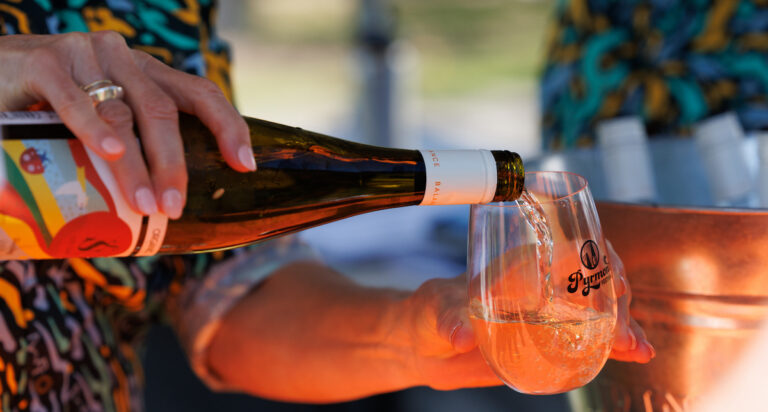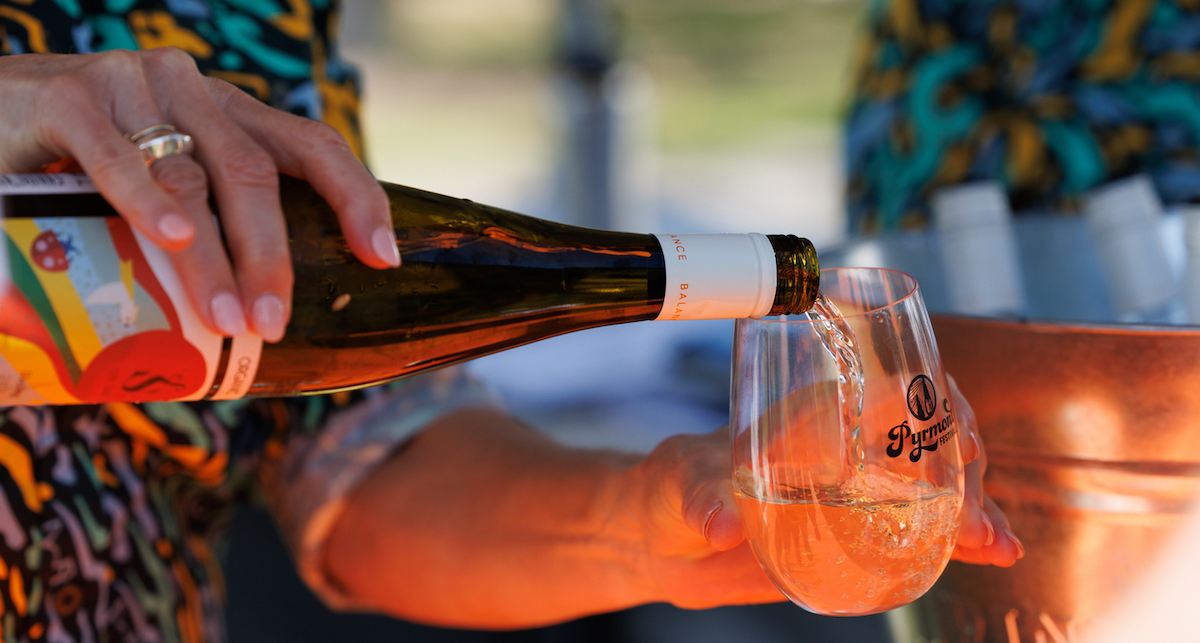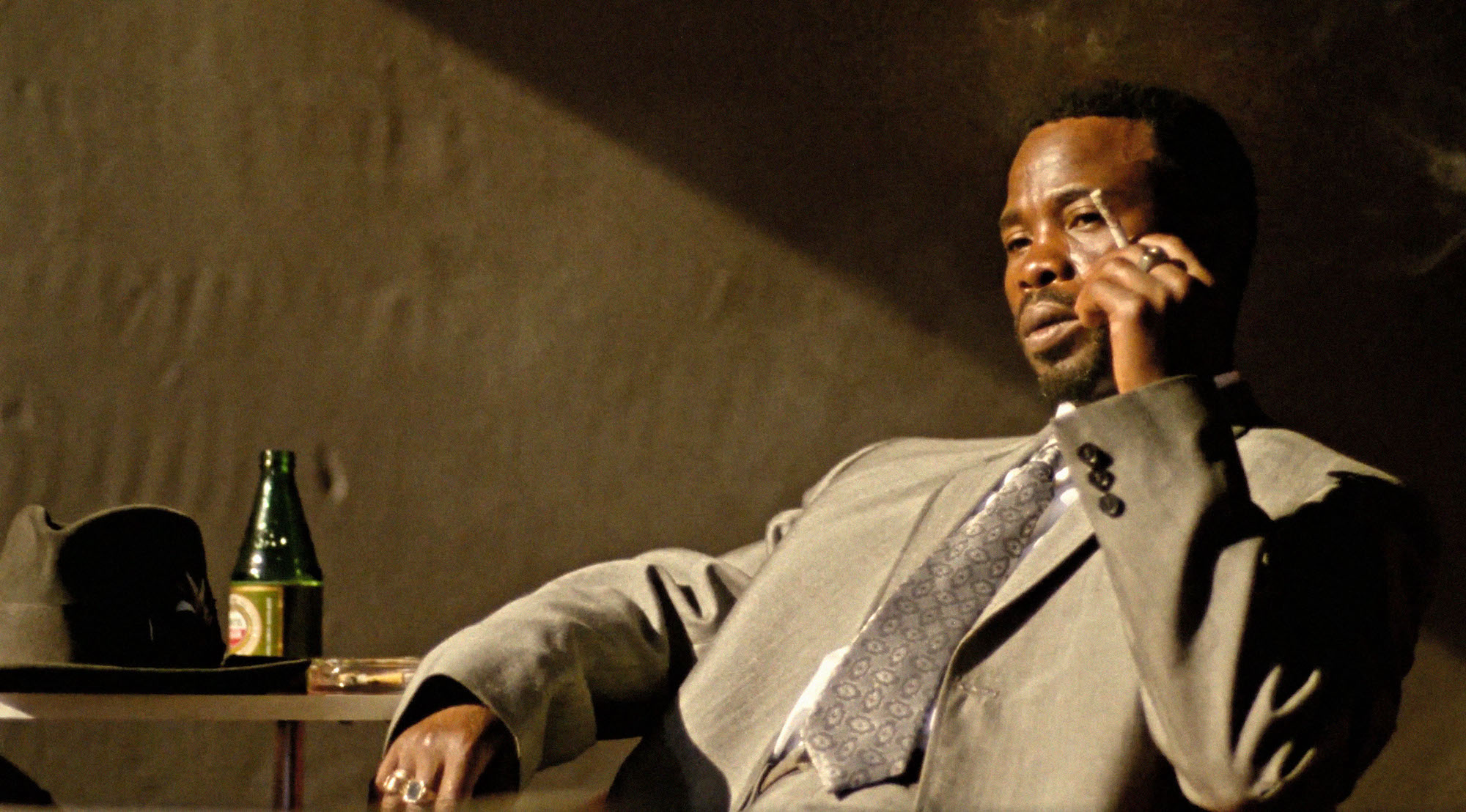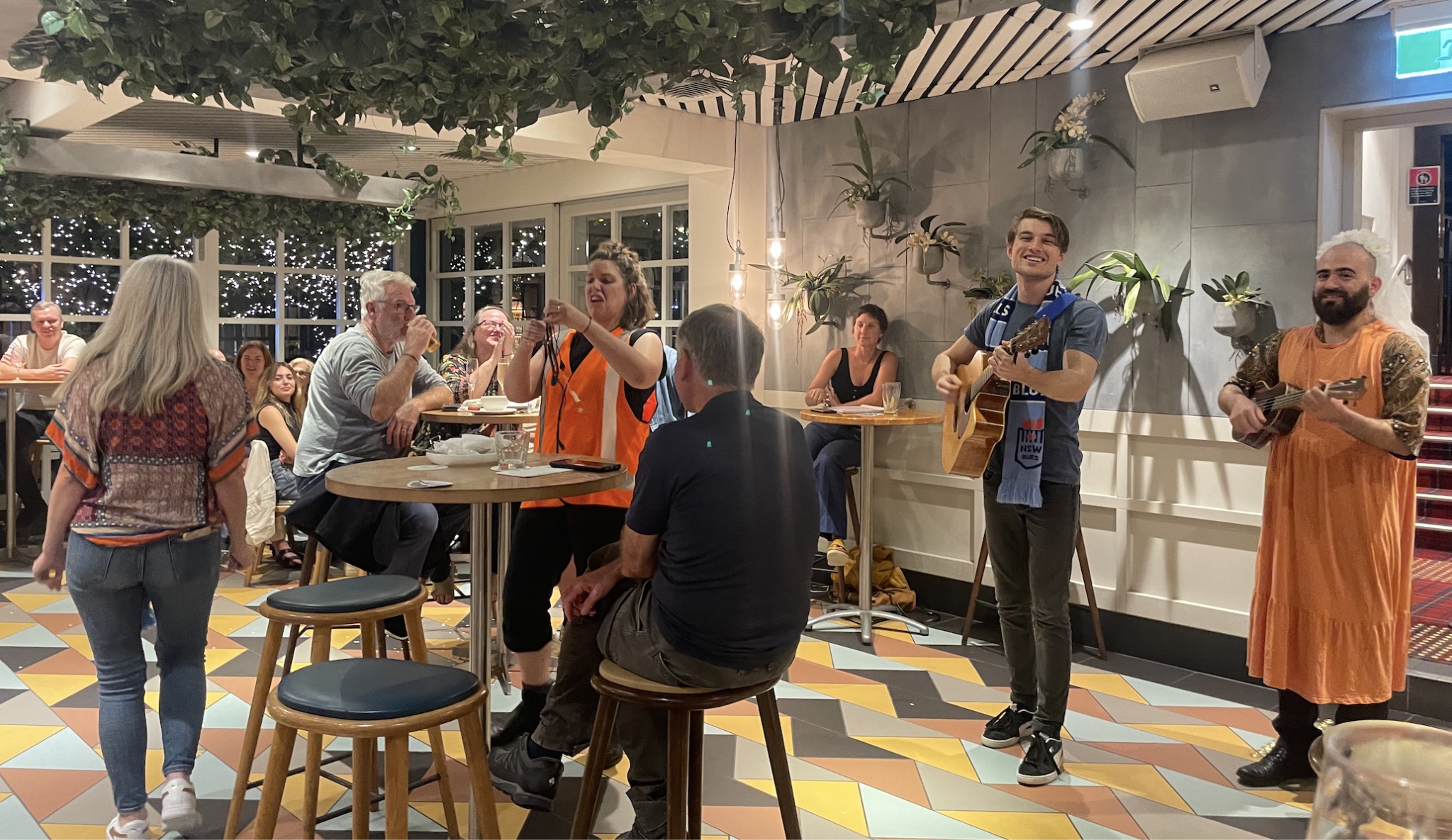
THE NAKED CITY – A COKE, A JAM SANDWICH, A BEX AND A GOOD LIE DOWN!

Back in the 50s and 60s the hard working Australian housewife would often find herself in need of a well-earned break after a full and often stressful day of household chores and kiddie care. Around 3pm it was often time for “a Bex, a cup of tea and a good lie down,” as the popular advertising slogan encouraged.
Bex and Vincents APC powders were a potent mix of Phenacetin, Aspirin and Caffeine. Widely marketed as the instant pick up for anybody in need of ‘revitalisation’ during the working day. They were often addictive and it was not only the suburban housekeeper who regularly popped up to three a day. Office and factory workers also developed the habit and it was not uncommon for some large manufacturing plants to distribute free powders to their employees to boost their productivity and keep them wide awake on the job.
At the then omnipresent corner shop, a popular combination was a Coke and a Bex, providing a double dose of caffeine. It was also not unheard of for mothers to calm down an overexcited child with a Bex loaded jam sandwich. Whether anybody ever chose to snort or shoot up a Bex is open to question but their usage was certainly endemic.
By the early 70s the side effects of Phenacetin were being seriously questioned. Also known as Acetophenetidin, the drug was developed by the Bayer company in Germany in 1887, an accidental byproduct of a treatment for intestinal worms. It soon became clear that regular use of Bex and Vincents could cause chronic renal failure. As early as the beginning of the 1960s however, an Australian nephrologist Professor Priscilla Kincaid-Smith had made the connection between phenacetin and kidney cancer while treating mainly women patients. They had presented with what came to be known as analgesic nephropathy. Needless to say, Government scrutiny of over the counter drugs moved slowly in those days.
The case was cited of one Sydney factory worker Norma O’Hara who took Bex Powders sometimes twice a day, every day for up to eight years, from the age of 20. Working at the Rosebery Wrigley’s factory she was quoted as saying “most of the girls took Bex… it was to keep you going. Working the machines, you thought you needed them.”
By the late 70s all APC powders had either been banned or withdrawn from the market in Australia with Phenacetin pulled from sale in 1983. Surprisingly, despite the fact that many people probably died from constant use of these powders, there remains a certain nostalgia for what was obviously a dangerous drug. Old packets of Bex, complete with unopened papers, still trade on the internet for upwards of $100 each and are eagerly sought by collectors of classic Australiana.
Ironically these days Phenacetin is often used to bulk up and provide an additional hit in batches of cocaine, with the users probably unaware that not only their nasal tissues but their kidneys are also at risk. In America at the moment the heat is very much on pharmaceutical companies like Perdue and their aggressive marketing of the painkilling opioid OxyContin which has led to widespread addiction.
Back in 50s and 60s Australia, Bex and Vincents powders were also marketed with considerable push, promising a cure-all for ‘Headache, Neuralgia, Rheumatism, Sciatica, Lumbago…Influenza and Cold in early stages’. As far as I know, the companies that flogged these products were never taken to court and sued by users suffering their often lethal side effects, unlike Perdue in the US which currently faces a mountain of litigation.
As a postscript I can still remember one of my elderly aunties brewing up a cuppa, pouring in a Bex (or two) and pushing a jam scone in my direction. I was about 13 at the time and a typical boisterous teenager. God knows whether I was being innocently doped with Phenacetin!









